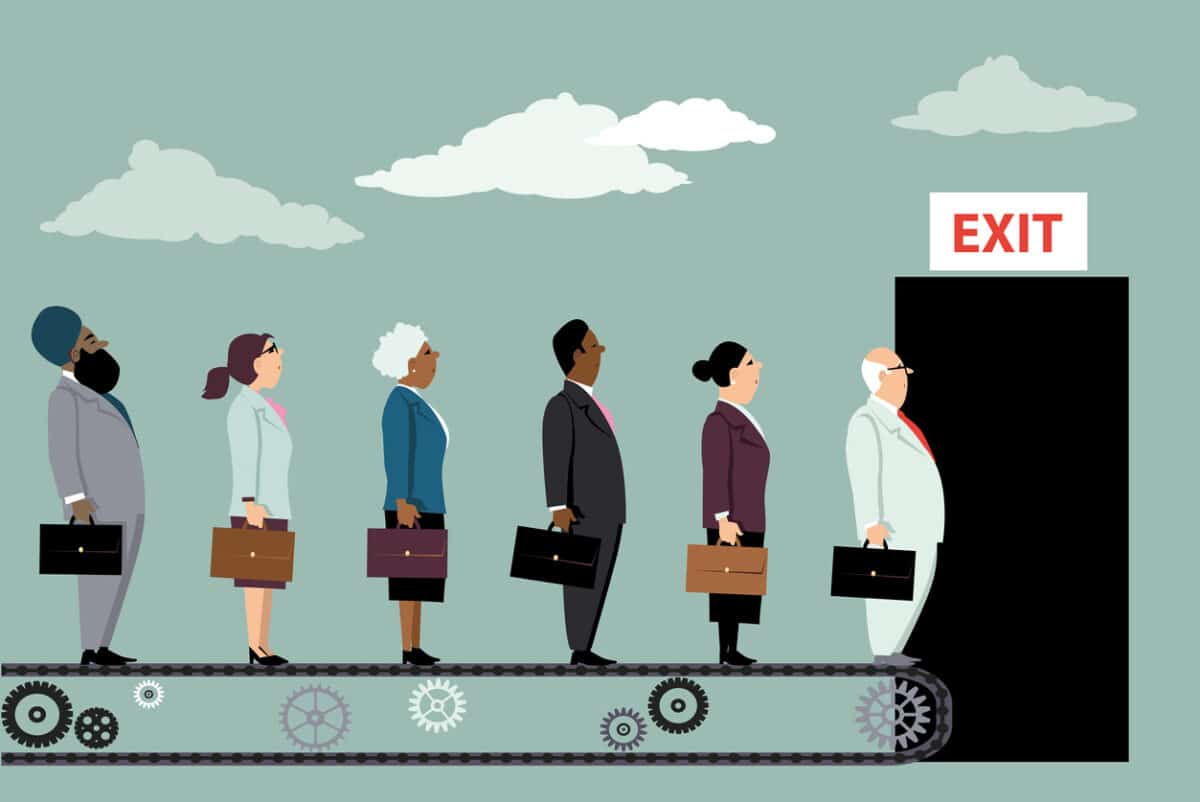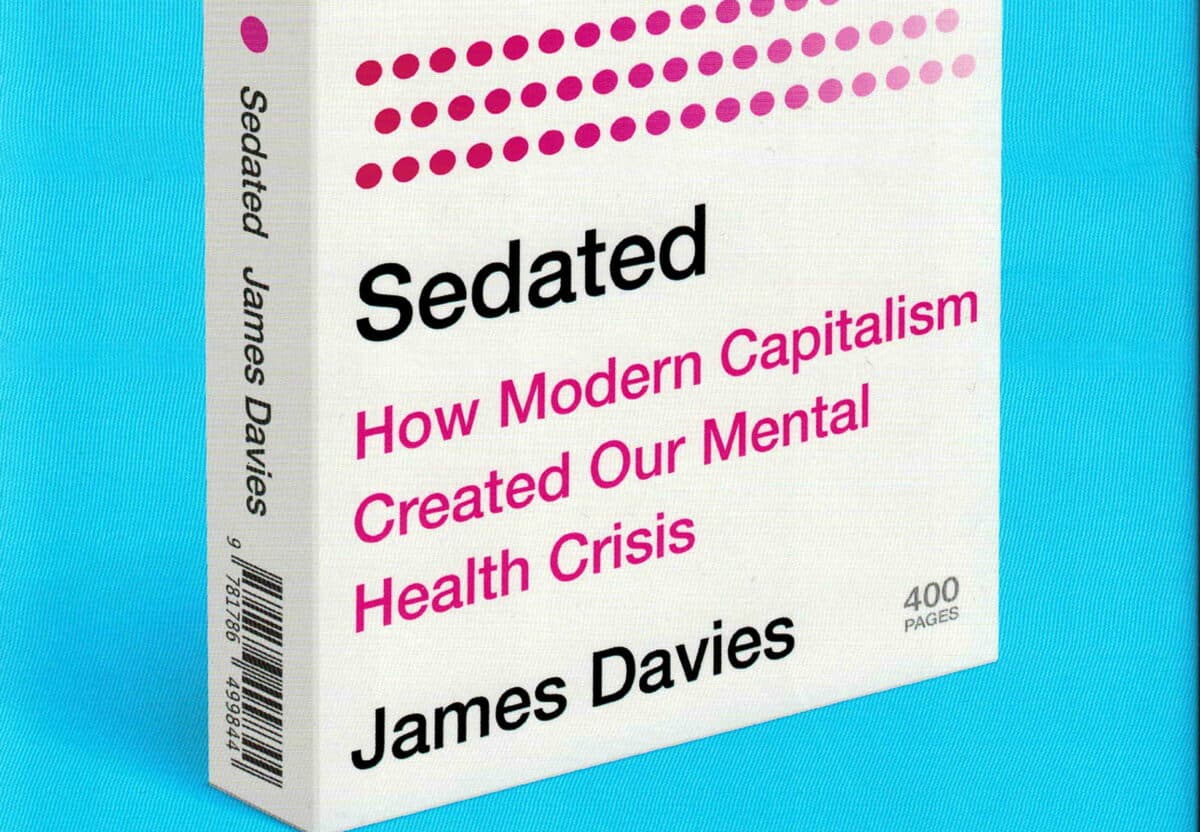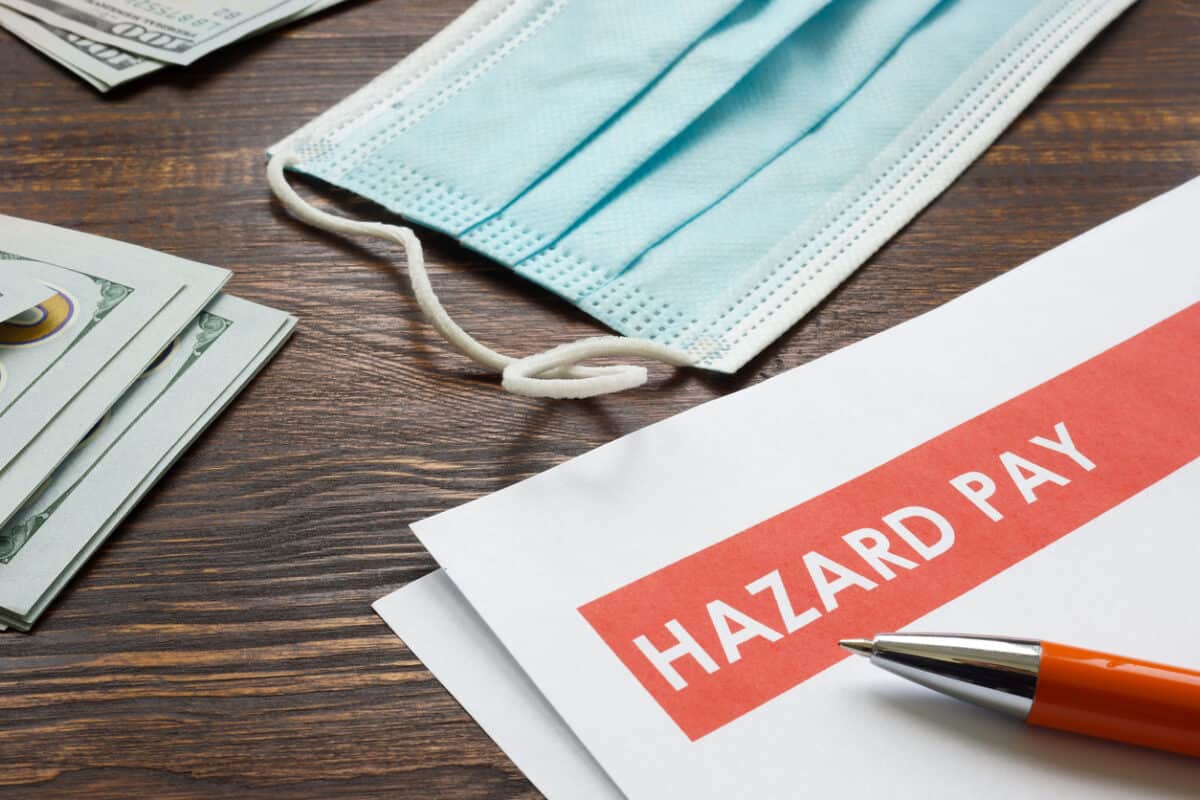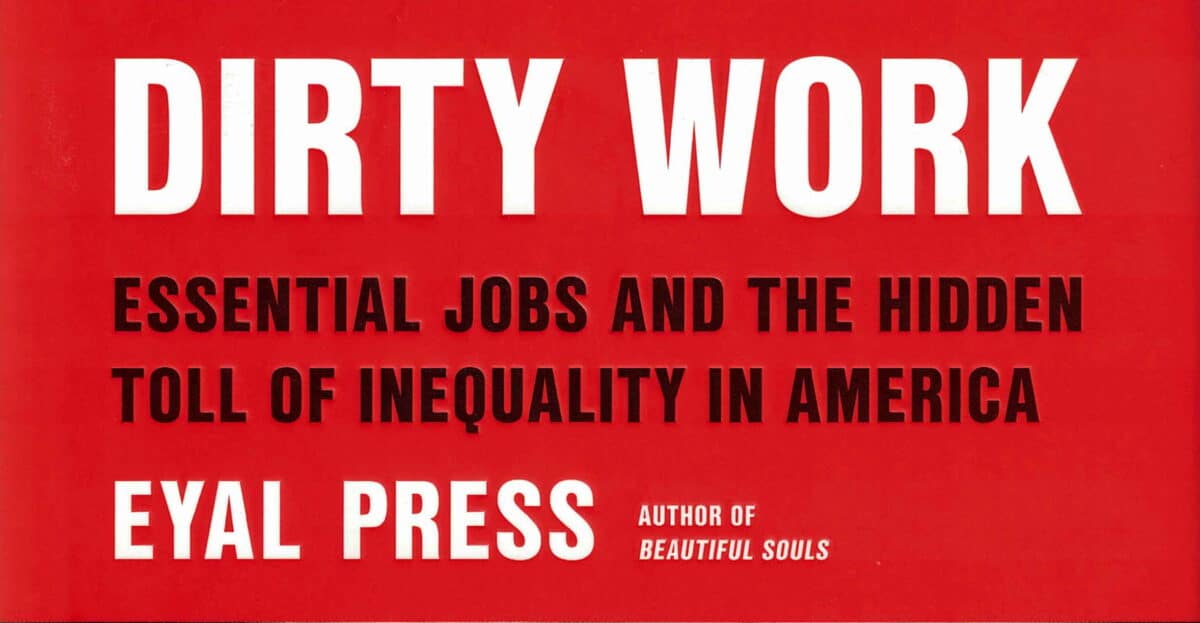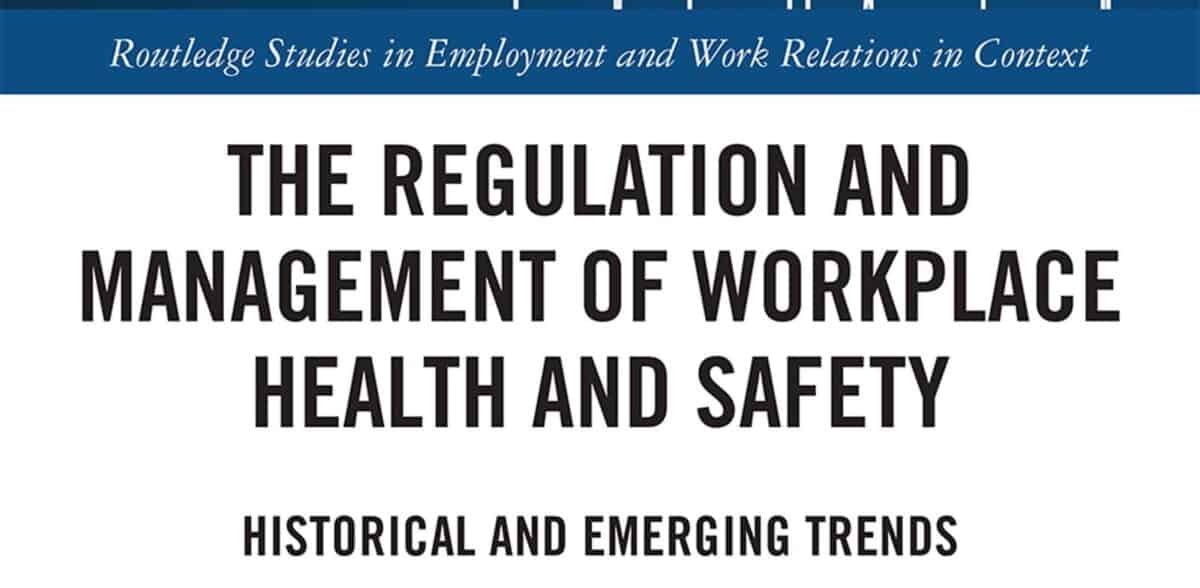At the moment, “The Great Resignation” remains a United States phenomenon, but part of that movement involves a reassessment of one’s job. Is it a good job? Is it meaningful work? Is it a good job now but likely not in the future? I would include my occupational health and safety perspective (OHS) and ask if it is a safe job, but I accept that my perspective is far from universal.
Recently Sarah O’Connor wrote in the Financial Times about the importance of having a decent boss. She wrote that
“Economists are increasingly of the opinion that the quality of jobs matter as much as their quantity”

